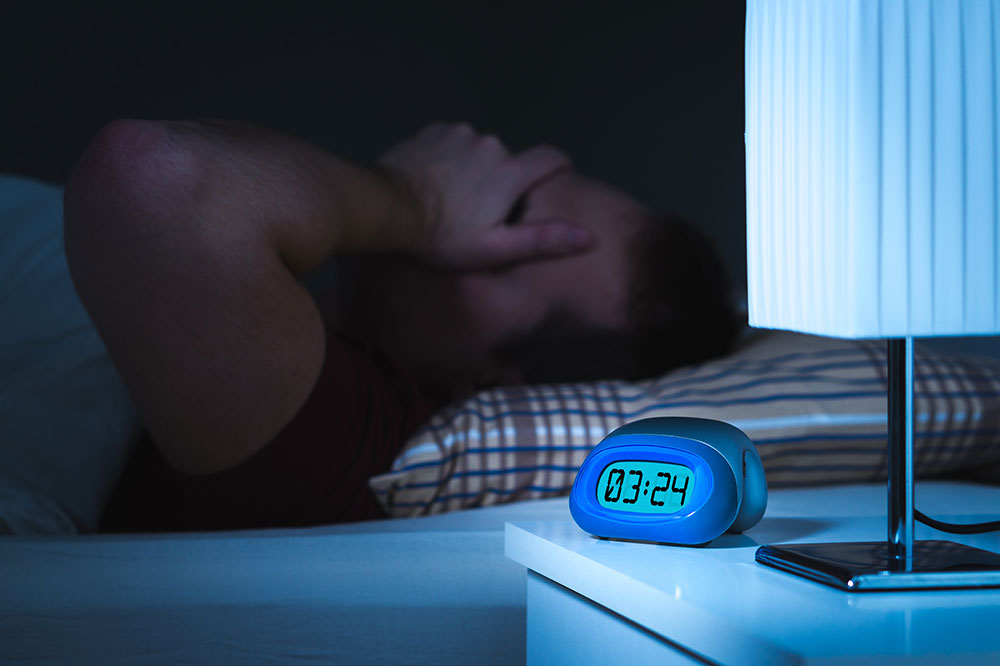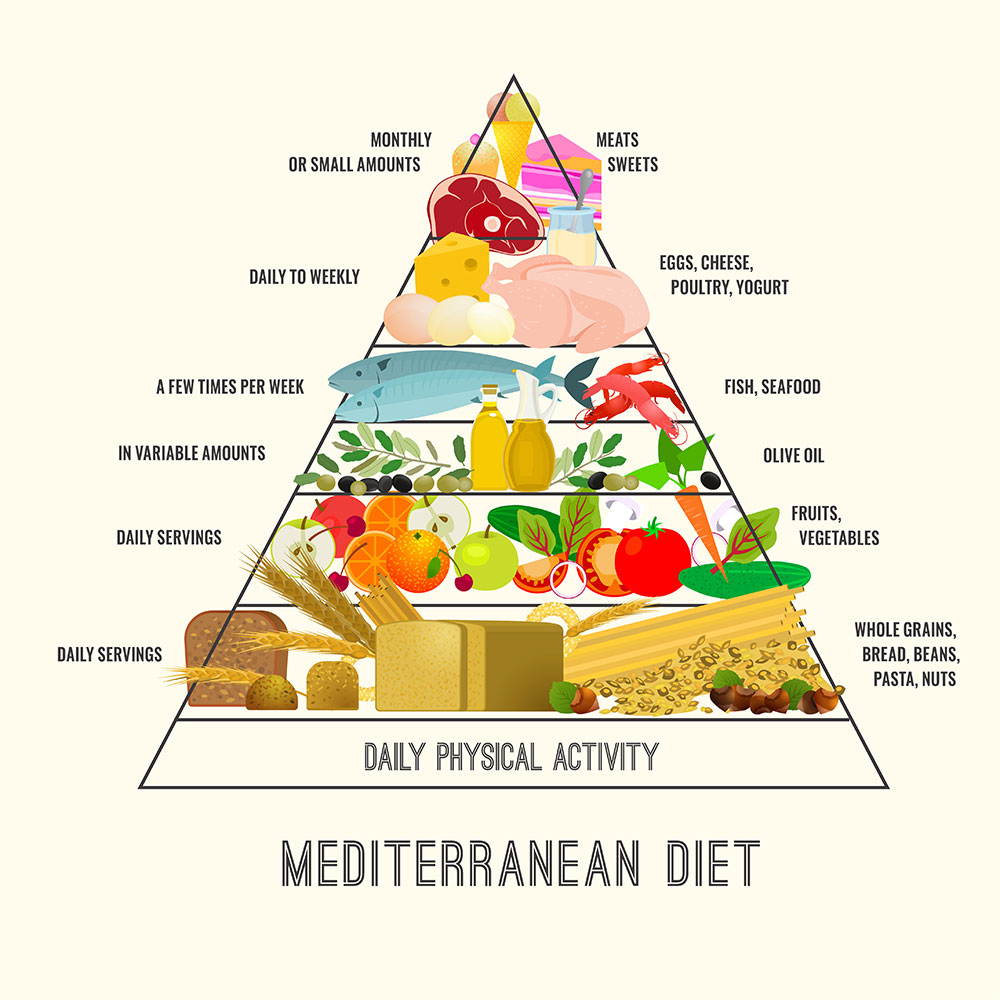The Vicious Cycle Between Weight and Sleep Apnea
Dr. Robinette wants to help you look and feel your best. We understand that controlling your weight isn’t easy and various factors such as genetics play a role. And we know it can be hard to find the time to take the best possible care of yourself.
Losing weight is a constant battle, but it has the opportunity to change your life. For those of us who suffer from sleep apnea, weight loss can be particularly difficult.
The relationship between excess weight and sleep apnea is well established. Being overweight is a significant stumbling block for sleep apnea patients because it can negatively affect your ability to breathe while asleep. In addition, weight problems can increase further health issues linked to sleep apnea, like cardiovascular disease and Type 2 diabetes.
Those who suffer from sleep apnea are also more susceptible to gaining weight. A 2011 study in the International Journal of Obesity found that “sleep problems contribute to major weight gain.”
Supporting these results, a 2013 study published by the National Academy of Sciences determined that insufficient sleep increases your risk for weight gain. Another study, published in 2010, found that those diagnosed with obesity have a higher prospect of developing sleep apnea.

Do CPAP Machines Cause Weight Gain?
CPAP machines are a standard treatment for patients who suffer from sleep apnea. As many as four in five users don’t wear their CPAP for the suggested time each night because the machine can be restrictive and noisy. Weight gain is commonly associated with CPAP use.
In a 2015 study, Dr. Frank Domino conducted 25 randomized controlled trials with over 3,000 patients in regards to their body weight and body-mass index. The results indicated that CPAP users are at a high risk for increasing their body-mass index. This conclusion was consistent regardless of a patient’s age, gender, baseline weight, sleep apnea severity, and CPAP compliance.
The Power of Weight Loss
Weight loss is an impactful, lifelong treatment for those who are overweight or obese and suffer from sleep apnea.
Making lifestyle modifications is essential in combating sleep apnea. Weight loss is a key factor in reducing heart disease, diabetes, and high blood pressure. In truth, losing just ten percent of your body weight can have a significant impact on sleep apnea symptoms.

Aerobic & Enjoyable Exercise

The hardest part about working out is…well, getting yourself to workout. Whether it’s putting on your running shoes or driving yourself to Zumba class, it’s easy to get intimidated. Progress is tough to measure, and sometimes not being able to see physical changes right away turns into feelings of discouragement.
Exercise isn’t about looking perfect at the gym and pumping as much iron as you can. Start with something less extreme and more satisfying, like going on a hike or taking a walk around the neighborhood. Aerobic exercise and workouts that are enjoyable are ones you’re more likely to sustain in the long-run.
Regular exercise gives you energy, confidence, and helps you sleep better. You’ll be amazed at what an hour of exercise can do for you, especially if you make a habit of doing it four to five days a week.
Do you find yourself lounging around? Mindlessly watching T.V.? Endlessly scrolling through your phone? All it takes is a few spare minutes out of your day to get up and get moving.
You’re indispensable — and so is your health. Focus on what’s important and make it a priority to live a healthier, more energized lifestyle.
Your Diet Can Save Your Life
The American Academy of Sleep Medicine recommends diet and exercise as a lifestyle treatment option for sleep apnea. An effortless, lenient diet can be outright powerful when combined with exercise. Researchers found something as simple as the Mediterranean diet can improve sleep apnea symptoms, and help you become healthier and stronger.
The Mediterranean diet is beneficial for heart health and can reduce the risk of Parkinson’s Disease and cancer. Best of all, it incorporates foods that we can indulge in and enjoy. Some of the main components of the Mediterranean diet include vegetables, fruits, fish, eggs, dairy products, and red meat.
It’s important to find enjoyment in the foods you consume. Research has found that although diets result in a five to ten pound weight loss in the first six months, weight tends to return afterward. It’s beneficial to track what you’re eating, minimize calorie consumption, and combine dieting with exercise.
Set your goals and concentrate on what you want to achieve, you’ll be amazed at what you can accomplish.

